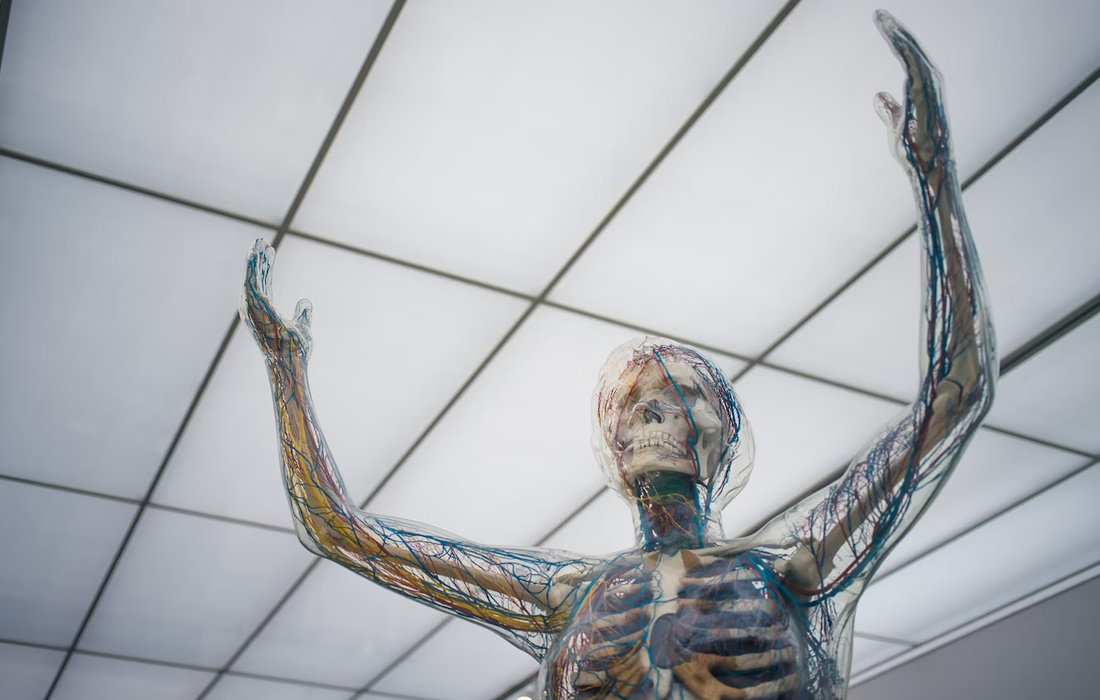Regenerative Medicine News and General Information
Strengthening Artificial Immune Cells to Fight Cancer
Among available immunotherapies, the use of “CAR-T” cells is proving extremely effective against certain blood cancers, but only in half of patients. A main reason for this is the premature dysfunction of these immune cells, which have been artificially modified in vitro. A team from the Universities of Geneva (UNIGE), Lausanne (UNIL), the Geneva University Hospitals (HUG) and the Vaud University Hospital (CHUV), all part of the Swiss Cancer Center Léman (SCCL), has discovered how to prolong the functionality of CAR-T cells.
By inhibiting a very specific metabolic mechanism, the team has succeeded in creating CAR-T cells with enhanced immune memory, capable of fighting tumour cells for much longer. These are very promising results, to be read in the journal Nature.
CAR-T cell immunotherapy involves taking immune cells — usually T lymphocytes — from a person suffering from cancer, modifying them in the laboratory to increase their ability to recognise and fight tumour cells, then readministering them to the patient. However, as with other types of immunotherapies, many patients do not respond to the treatment or relapse.
In the absence of oxygen, cancer cells resort to a very specific survival mechanism: they metabolise the amino acid glutamine as an alternative source of energy through a chemical reaction known as ”reductive carboxylation”.
To investigate the role of reductive carboxylation, the scientists inhibited this mechanism in CAR-T cells in mouse models of leukemia and multiple myeloma, two blood cancers.
What’s more, the mice treated in this way were virtually cured of their cancer, a result well beyond the research team’s expectations. ”Without reductive carboxylation, the cells no longer differentiate as much and maintain their anti-tumor function for longer. And even, and this is the heart of our discovery, they tend to transform into memory T lymphocytes, a type of immune cell that retains the memory of the tumour elements that needs to be attacked.”
Memory T lymphocytes play a key role in the secondary immune response. They retain the memory of pathogens previously encountered and can reactivate when its reappears — as in the case of a virus, but also in the case of tumour pathogens — providing much longer-lasting immune protection. ”The same principle applies to CAR-T cells: the higher the number of memory cells, the more effective the anti-tumour response and the better the clinical outcome. The state of differentiation of CAR-T cells is therefore a key factor in the success of the treatment.”
The inhibitor used by the scientists to block reductive carboxylation is a drug already approved for the treatment of certain cancers. ”We therefore propose to reposition it in order to extend its use and produce more powerful CART cells in vitro. Of course, their efficacy and safety need to be tested in clinical trials, but we have very good hopes!”, conclude the authors.
Sources:
Alison Jaccard, Tania Wyss, Noelia Maldonado-Pérez, Jan A. Rath, Alessio Bevilacqua, Jhan-Jie Peng, Anouk Lepez, Christine Von Gunten, Fabien Franco, Kung-Chi Kao, Nicolas Camviel, Francisco Martín, Bart Ghesquière, Denis Migliorini, Caroline Arber, Pedro Romero, Ping-Chih Ho, Mathias Wenes. Reductive carboxylation epigenetically instructs T cell differentiation. Nature, 2023; DOI: 10.1038/s41586-023-06546-y
Université de Genève. (2023, September 20). Strengthening artificial immune cells to fight cancer. ScienceDaily. Retrieved September 21, 2023 from www.sciencedaily.com/releases/2023/09/230920111242.htm
Image from: https://unsplash.com/photos/0yLmwcXLwLw

